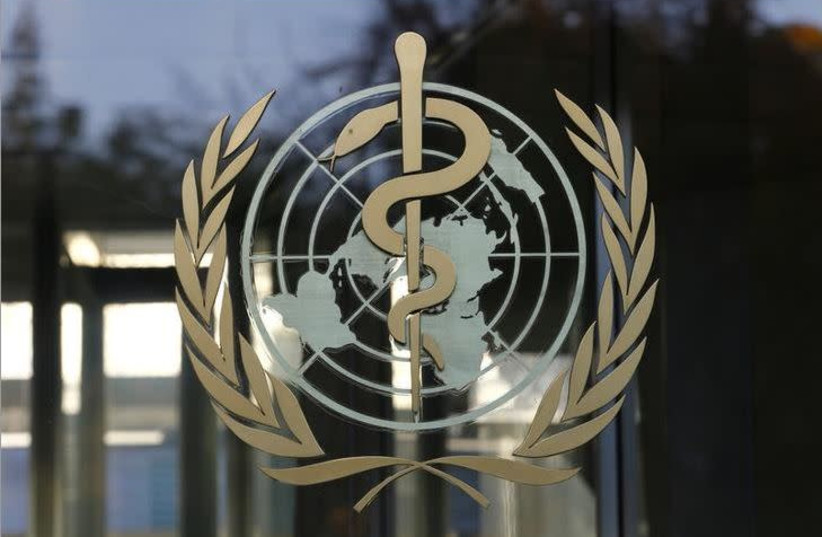“With the outbreak of the Covid-19 pandemic, we have deep concerns whether America’s generosity has been put to the best use possible,” Trump said.

United States President Donald Trump said that he instructed his administration to temporarily halt funding to the World Health Organization (WHO) on Tuesday over the organizational response regarding the coronavirus pandemic.
Trump claimed that the official United Nations health body “failed in its basic duty and it must be held accountable” for its efforts towards the initial outbreak in Wuhan, China – adding that it was a “disastrous decision to oppose travel restrictions from China and other nations.”
He said the group had promoted China’s “disinformation” about the virus and “defended the actions of the Chinese government, even praising its so-called transparency” that likely led to a wider outbreak of the virus than otherwise would have occurred. China initially downplayed the outbreak within their country in order to stave off the negative economic effects that were to come with the viral spread, apathetic to worldwide public health implications.
“Today I’m instructing my administration to halt funding of the World Health Organization while a review is conducted to assess the World Health Organization’s role in severely mismanaging and covering up the spread of the coronavirus,” Trump said at the daily White House press briefing. “Everybody knows what’s going on there.”
The United States is currently WHO’s largest benefactor, providing the UN body with $400 million alone in 2019.
“With the outbreak of the Covid-19 pandemic, we have deep concerns whether America’s generosity has been put to the best use possible,” Trump said.
US coronavirus deaths rose by at least 2,228 on Tuesday, a single-day record, to top 28,300, according to a Reuters tally, as officials debated how to reopen the economy without reigniting the outbreak.
The United States, with the world’s third-largest population, passed a second milestone on Tuesday with over 600,000 reported cases, three times more than any other country.
The previous single-day record was 2,069, set last Friday.
The increase of 2,228 deaths excludes a revision by New York City to include deaths presumed to be due to the novel coronavirus but never tested dating back to March 11.
New York City’s health department said the death toll is now over 10,000, including the 3,700 deaths added on Tuesday.
Health officials have cautioned that deaths are a “lagging indicator” and do not mean that the sweeping stay-at-home restrictions are a failure. New York state and some other hard-hit areas continue to report sharp decreases in hospitalizations and patients on ventilators.
Health experts had forecast deaths would peak this week and last week but there had been hopes the worst was behind the United States when new deaths reported on Sunday and Monday were about 1,500 per day, far below last week’s running tally of roughly 2,000 deaths every 24 hours, according to a Reuters tally.
Trump’s administration has recommended stay-at-home guidelines through the end of April, and the president has floated May 1 as a possible date to start reopening shuttered workplaces in some areas.
“I will be speaking to all 50 governors very shortly, and I will then be authorizing each individual governor of each individual state to implement a reopening,” Trump said from the Rose Garden. “At a time and in a manner as most appropriate [for each state].”
Anthony Fauci, head of the National Institute of Allergy and Infectious Diseases, echoed many governors in saying that health officials must first be able to test for the virus quickly, isolate new cases and track down new infections before social-distancing restrictions can be eased safely.
That date may be “a bit overly optimistic,” Fauci, who has become a trusted national figure during the pandemic, said in an interview with the Associated Press.
“We have to have something in place that is efficient and that we can rely on, and we’re not there yet,” Fauci added.
As reported by The Jerusalem Post
